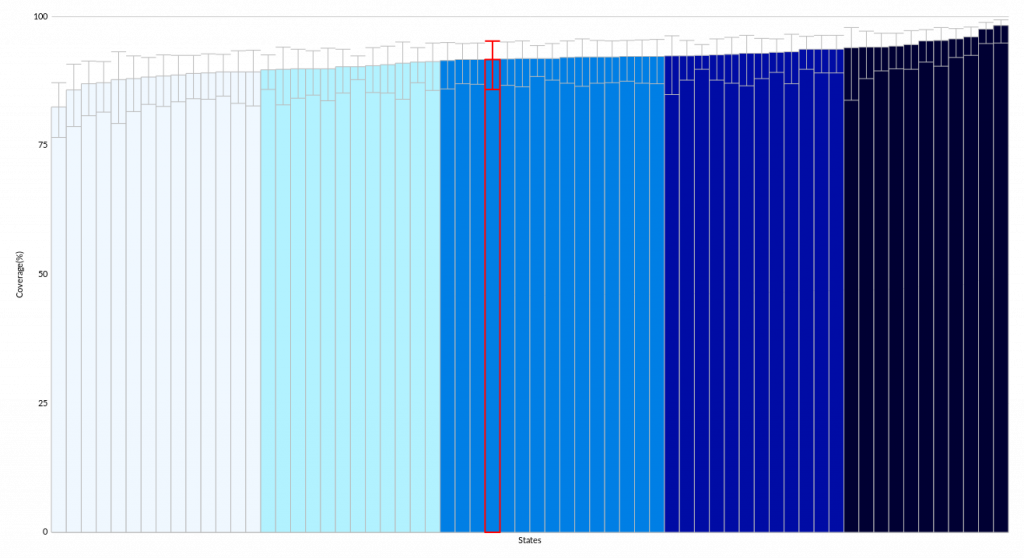Jannie Blackwell, who has represented West Philadelphia and University City on the city council for nearly 27 years, was unseated by newcomer Jamie Gauthier in Tuesday’s election. You have no doubt seen Gauthier’s campaign posters plastered all over and around campus. Blackwell has most recently come under fire for her policies and involvement towards real estate development in West Philadelphia, some of which include developments near Drexel’s campus and even Drexel’s own developments. Gauthier, on the other hand, ran her campaign on anti-gentrification and fighting to keep long-time residents in their homes, in what she calls the “Empowerment Agenda.”
So what does this entail for Drexel and its student body? While we certainly love to make our John A. Fry gentrification memes and post them all over the web for likes, the inconvenient truth is that Drexel students like us are very often a driving factor for the gentrification, rather than the new buildings on campus.
While the large incoming classes have forced students into the surrounding neighborhoods, students opting to live in Powelton Village and Mantua areas for less expensive rent is nothing new. Long-term renters are often said to be subsequently pushed out as landlords tailor their properties to more lucrative students.
While stopping or slowing gentrification might sound good on paper, it will ultimately hurt students. The rhetoric surrounding the topic has already led to Drexel’s administration to consider tightening housing policies to restrict students from living off campus. Forcing students into Drexel housing means putting an even greater financial burden on them.
However, this seems to be the sad truth of a college campus located in the city. When such a large establishment is built in such a diverse area, people need to get moved in order to fit the paying customers of the university. This may seem upsetting, but it is the way the American education system is set up. The City of Philadelphia gave Drexel the land because they paid the money for it, and that has resulted in the surrounding people having no choice but to leave. Furthermore, when such an institution is put up, it will evidently need to expand due to demand. As a non-profit, Drexel funnels that money into more land purchases, which leads to more people leaving their homes.
There comes a point where the needs of the University conflict with the needs of the city we live in. As representatives of the student body and the University, it falls on our shoulders to do what we can to foster the community in which we live. That’s not to say you should have to pay upwards of $1,000 a month to have a roof over your head, but you should be aware of the effects we have on displacing families that have lived in this area for generations. Yes, the university and city need to protect these people, but there isn’t much we can do to immediately change the university’s actions or government policy. It’s on us to find ways to give back and be respectful and accommodating wherever we can. Maybe we can reach out to Gauthier and attempt to build a relationship in attempts to help her achieve her vision.
As for what Gauthier’s election means, that remains to be seen. Her background in urban planning could mean she’ll make well informed decisions for her district. But will the well being of university students be factored into those decisions?


